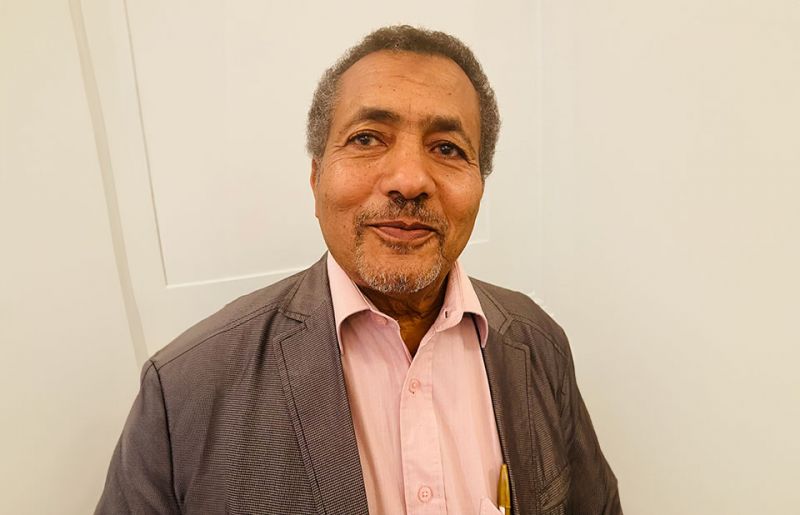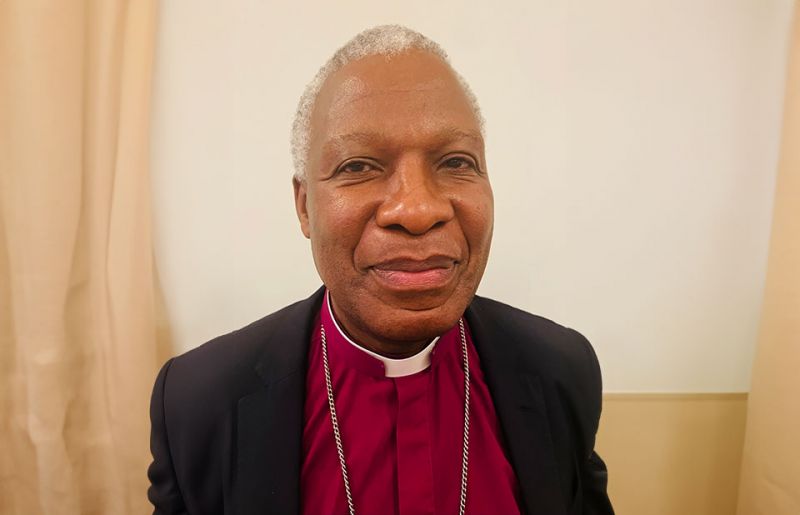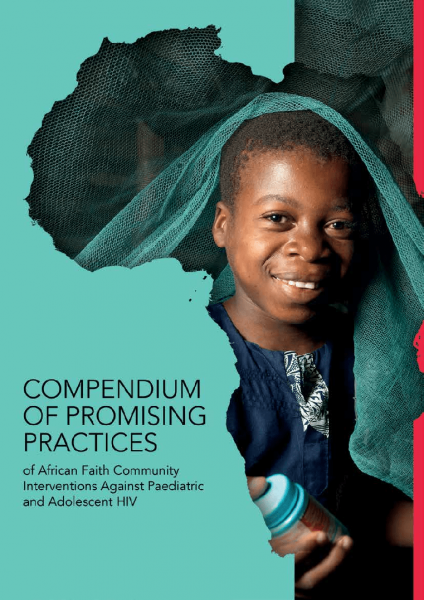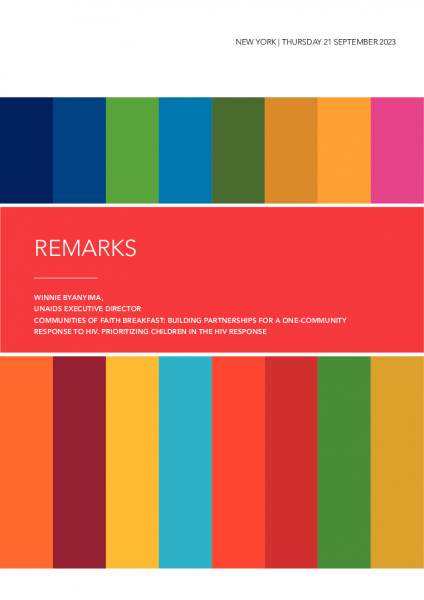Holy Disrupters: Interviews with Religious Leaders and advocates on HIV and Compassion
Reverend Godson Dogbéda Téyi LAWSON KPAVUVU, Presiding Bishop of the Methodist Church of Togo
UNAIDS speaks to Reverend Godson about his work on HIV and about some of the challenges he is facing
What was your experience working on HIV in the early days?
I had been studying abroad and when I came back in 1992I found that members of my community were dying. But people weren’t talking about what was causing it, they were giving it nick names. It was of course AIDS. During a pastoral meeting I spoke with the Bishop who told me, ‘young man, this thing is a sin, you can’t talk about it openly here, the community won’t accept it’.
This was until two or three years later when some of our colleagues from the church became sick and were dying of AIDS. I went back to the bishop and said now we have to talk about HIV. So, I created a small group and I joined up with the association of people living with HIV in Lomé – it was a safe space where people living with HIV could speak openly.
“Young man this thing is a sin, you can’t talk about it openly here, the community won’t accept it.”
We began to advocate with the government, working with the association and with churches and religious leaders in the country. But theologically, HIV was still spoken about as a sin, so if theologically the narrative isn’t correct, it will damage the whole process. So we corrected the narrative to make it clear that HIV is a virus, not a sin. This was the starting point.
“HIV is a virus, not a sin - this was the starting point.”
From then we created small teams within the communities to support people living with HIV and especially to support the families. To break down the stigma we had to start with the families and then the communities. We published books for academics so they could use them to teach, and we trained the young pastors.
Your work with key populations is well known – how did this come about?
I realized the importance of working with key populations when my uncle died in 2000. He was a gay man who contracted and died of AIDS. I drew on my personal experience with my own family to start working with key populations.
“My uncle died in 2000. He was a gay man who contracted and died of AIDS.”
Today the government has put in place a framework to ensure that everyone living with HIV has access to treatment, but there is still a lot of stigma and discrimination. The loudest voices who have been speaking out are women, the mothers who are saying these are our children, how can we discriminate against our own children. So, we have engaged them in our efforts to break down the stigma around HIV and around key populations.
How has your work changed today?
Treatment is there, Togo has a plan for treatment and treatment is free of charge. But a real issue is adherence and how people can maintain their treatment within the communities amidst the ongoing stigma. We are training mentors and supporting volunteers to encourage people to stay on treatment. It’s how best to support people in their families and within their communities.
“Togo has a plan for treatment and treatment is free of charge. But a real issue is adherence”
The human and social dynamics around HIV in Africa are complex. We have three generations now of children who are living with HIV, many who have been orphaned because of epidemic and having to explain to them that their parents loved them and didn’t want to pass on the virus, this can be hard. I have had experience with young people who have attempted to take their own lives because it’s too much for them, and we are there, the church is there to support them.
“I have had experience with young people who have attempted to take their own lives because it’s too much for them”
We are due to end AIDS among children in Africa by 2025 but to do this we are facing many challenges, not just access to testing and treatment, it’s about poverty, local contexts, social conflicts, military coups and migration. But if you put paediatric HIV at the top and give faith leaders the opportunity to organize women’s desks and children’s activities around that we can start educating children and young people about HIV, how to prevent it and they can have their own language to communicate among themselves.
I’m asking my colleagues from the religious communities to come to the forefront of the fight against AIDS and to integrate HIV into their messages especially around ending AIDS among children in Africa.






